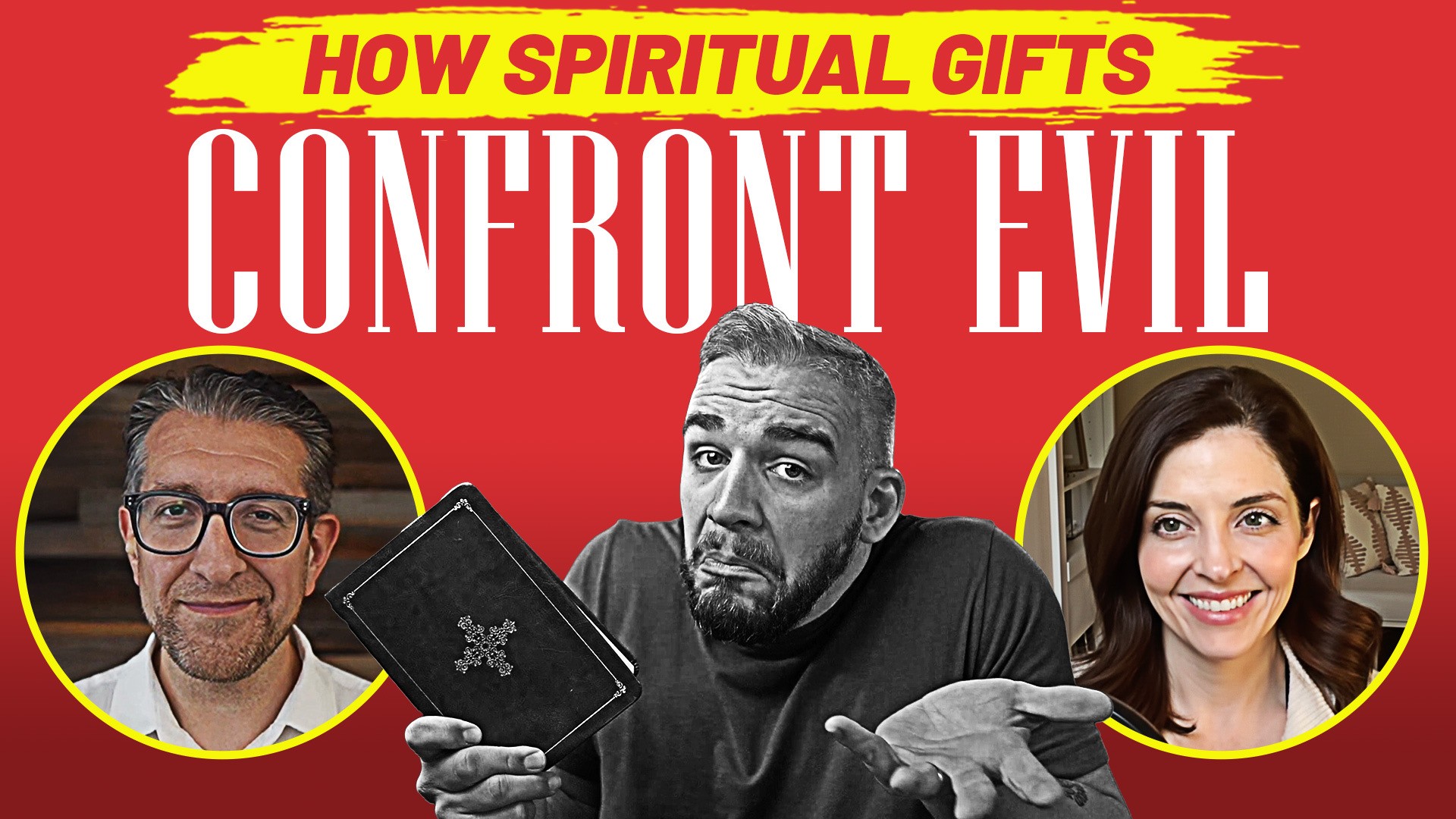Church Is Not For Worship?
What if everything you knew about “worship” in church wasn’t biblical? Dr. Tom Wadsworth’s research offers a challenging new perspective on early church gatherings. Listen, consider the evidence, then decide for yourself.
Transcript Summary
In this episode of Remnant Radio, Joshua Lewis and Michael Rowntree welcome Dr. Tom Wadsworth to explore a potentially paradigm-shifting question: Is the primary purpose of the Christian assembly worship or is there something more? Dr. Wadsworth, drawing on years of research culminating in his doctoral dissertation, challenges the modern, Western understanding of church gatherings as primarily worship services. The conversation is designed to be open and thought-provoking, and to help listeners understand the historical context.
The hosts start by learning more about Dr. Wadsworth's background and the journey that led him to question the prevailing view of church. He shares his experiences across various Christian traditions, from his Lutheran upbringing to his immersion in the Church of Christ, which influenced his views.
The core of the discussion revolves around Dr. Wadsworth's central thesis: that the first-century Christian assemblies were primarily focused on mutual edification. He references 1 Corinthians 14, emphasizing the repeated use of the word “edification” to describe the purpose of their gatherings. The team unpacks this core point. The goal is that the people have a good understanding of what that means.
To understand how the focus shifted over time, Dr. Wadsworth takes listeners on a historical journey, tracing the evolution of Christian practices from the second century onward. He explains how the Lord’s Supper gradually came to be viewed as a sacrifice offered to God, leading to the adoption of temple-centric language and practices that transformed the nature of Christian gatherings. The team touches on the origins.
This historical shift, Dr. Wadsworth argues, has significant implications for the way we understand and practice church today. While not condemning modern worship services, he suggests that they often lack the emphasis on mutual participation and building up one another that characterized the early church. The team also touches on what is important.
While traditional worship is not seen as wrong, the goal is to re-center the modern church. The need is to embrace these things.
The conversation then turns to the focus on the church. There has to be a goal. The goal is to follow the Lord.
Ultimately, the episode encourages listeners to re-evaluate their understanding of church gatherings, prioritizing mutual edification and practical discipleship alongside traditional elements of worship. By shifting the focus from a purely vertical experience to a more horizontal one, the hosts argue that Christians can create more meaningful and transformative assemblies that better reflect the spirit of the New Testament.



